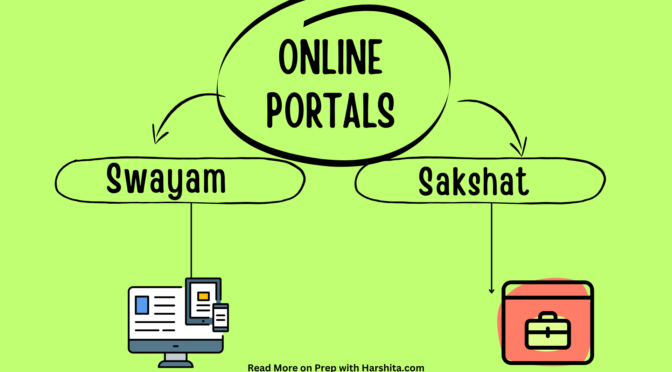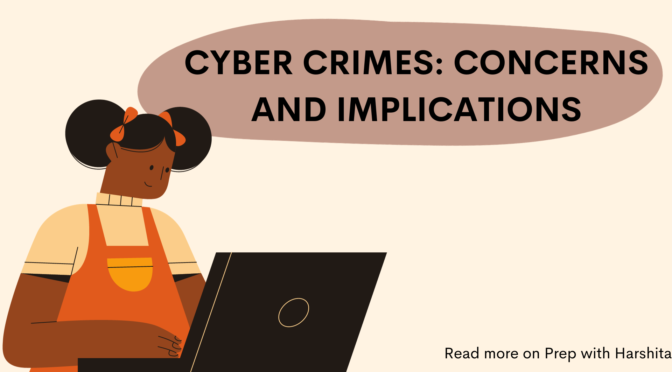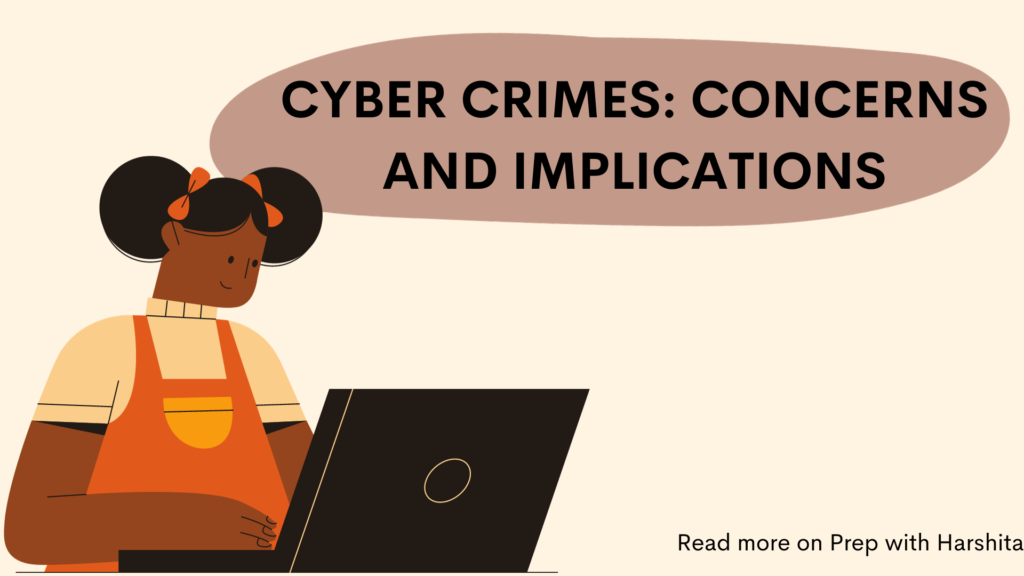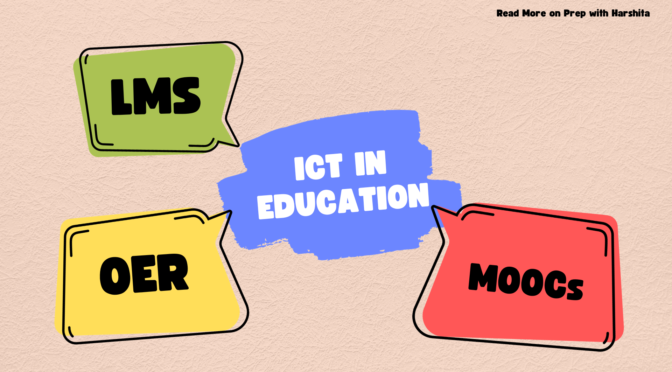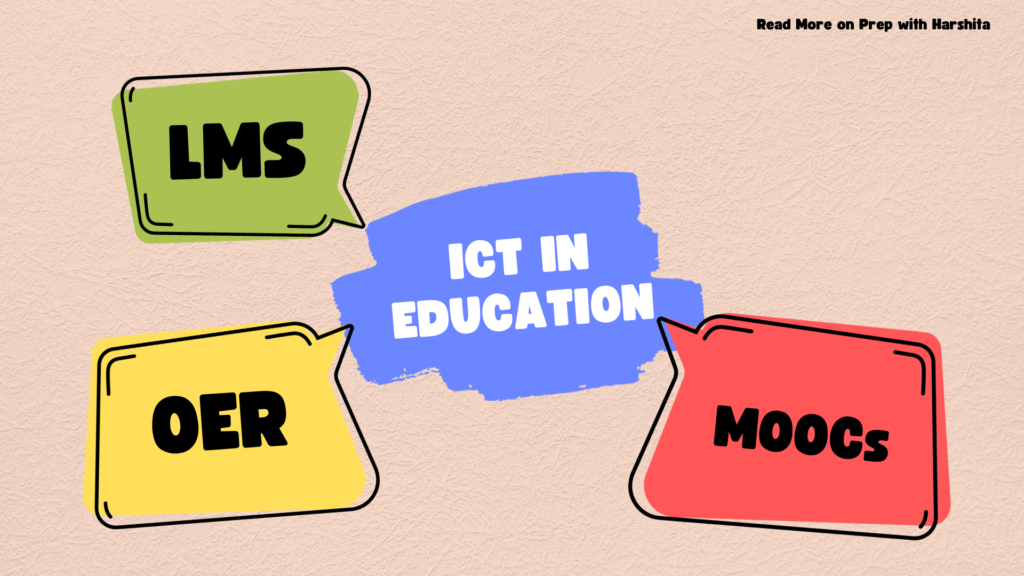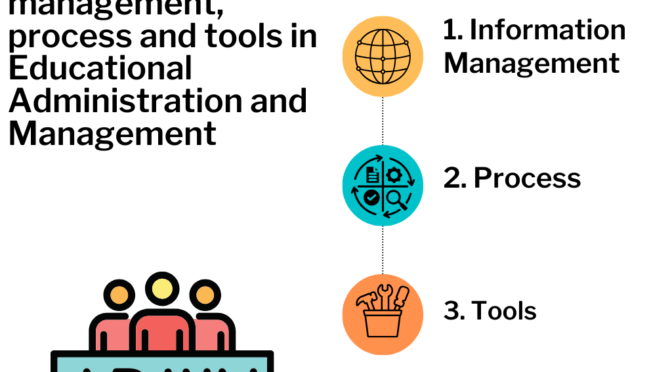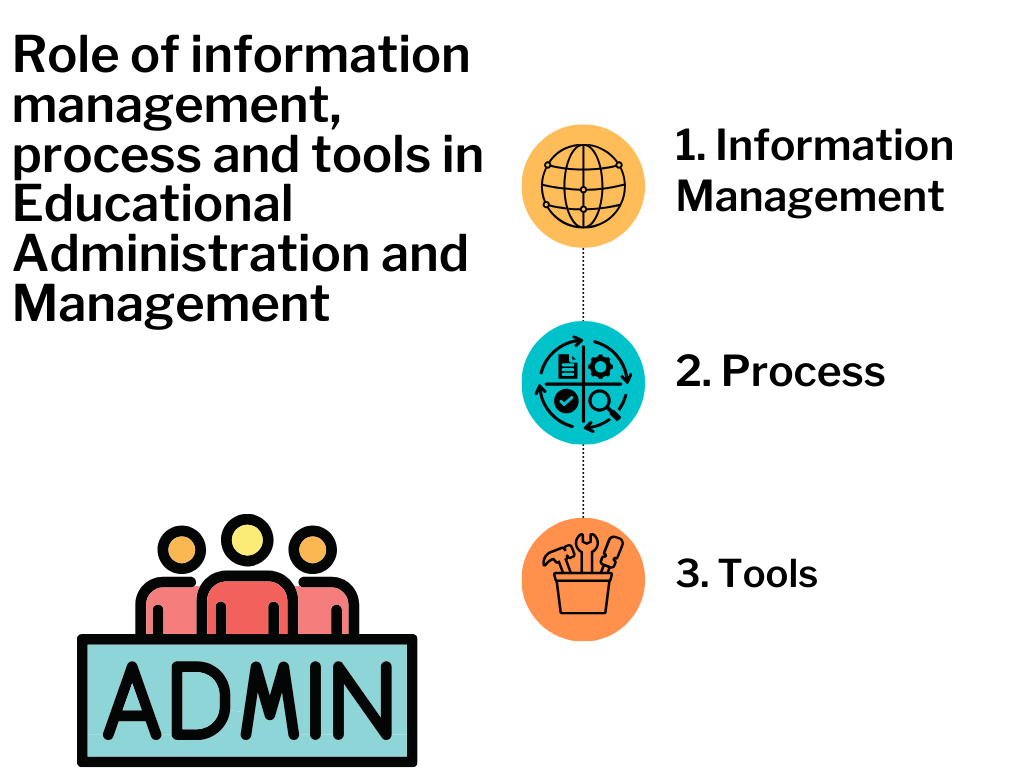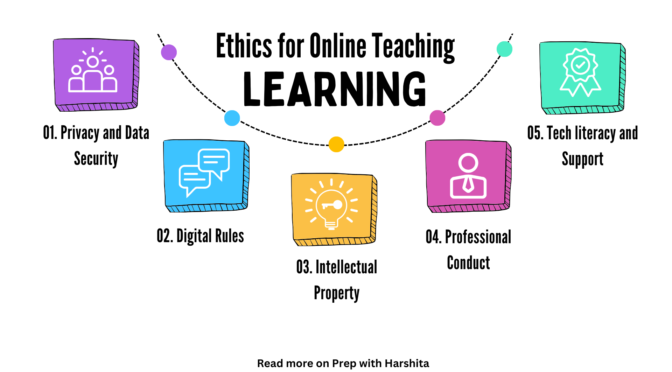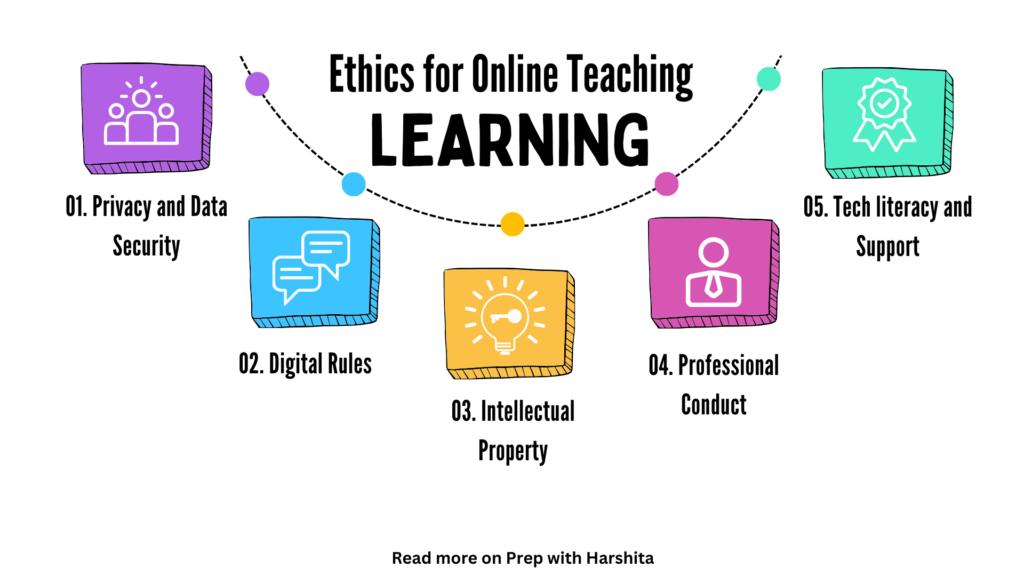Sakshat and Swayam portals for online access are initiatives by the Indian government aimed at promoting online education and providing learning resources to students.
Here is some information about each:
Sakshat:
- Objective: Sakshat aimed to provide a single, integrated platform for all educational needs, catering to students, teachers, and researchers.
- Content: The portal aimed to host digital resources such as e-books, lectures, presentations, multimedia content, and other educational materials.
- User Base: It targeted a wide audience, including school students, higher education students, teachers, and researchers.
- Features: Sakshat intended to offer features like online courses, collaborative learning environments, and access to academic databases.
Read More : ICT in Education
Swayam:
- Objective: Swayam was launched with the goal of making quality education accessible to a larger audience by providing online courses across various disciplines.
- Course Offerings: Swayam offered courses from school level (Classes 9 to 12) to undergraduate and postgraduate levels. Courses covered a range of subjects, including science, mathematics, engineering, humanities, social sciences, and more.
- Instructors: Courses on Swayam were developed and taught by faculty members from some of the top institutions and universities in India.
- Certification: Participants in Swayam courses had the opportunity to earn certificates upon successful completion, and these certificates were recognized by various educational institutions and employers.
- Interactive Elements: Swayam courses often included interactive elements such as quizzes, assignments, and discussion forums to enhance the learning experience.
Also Visit : Prep with Harshita


